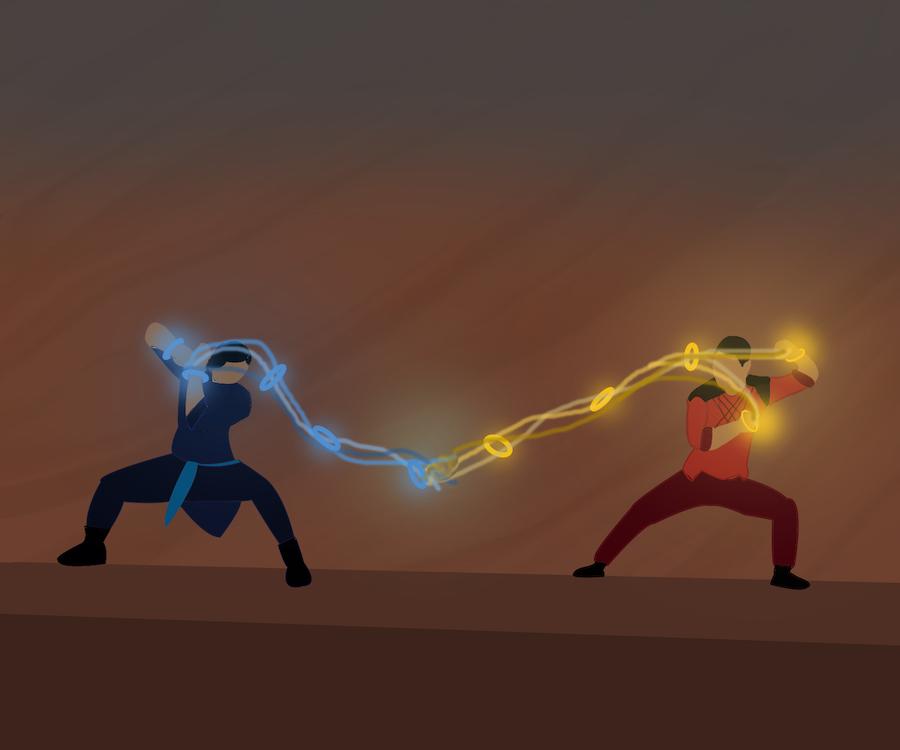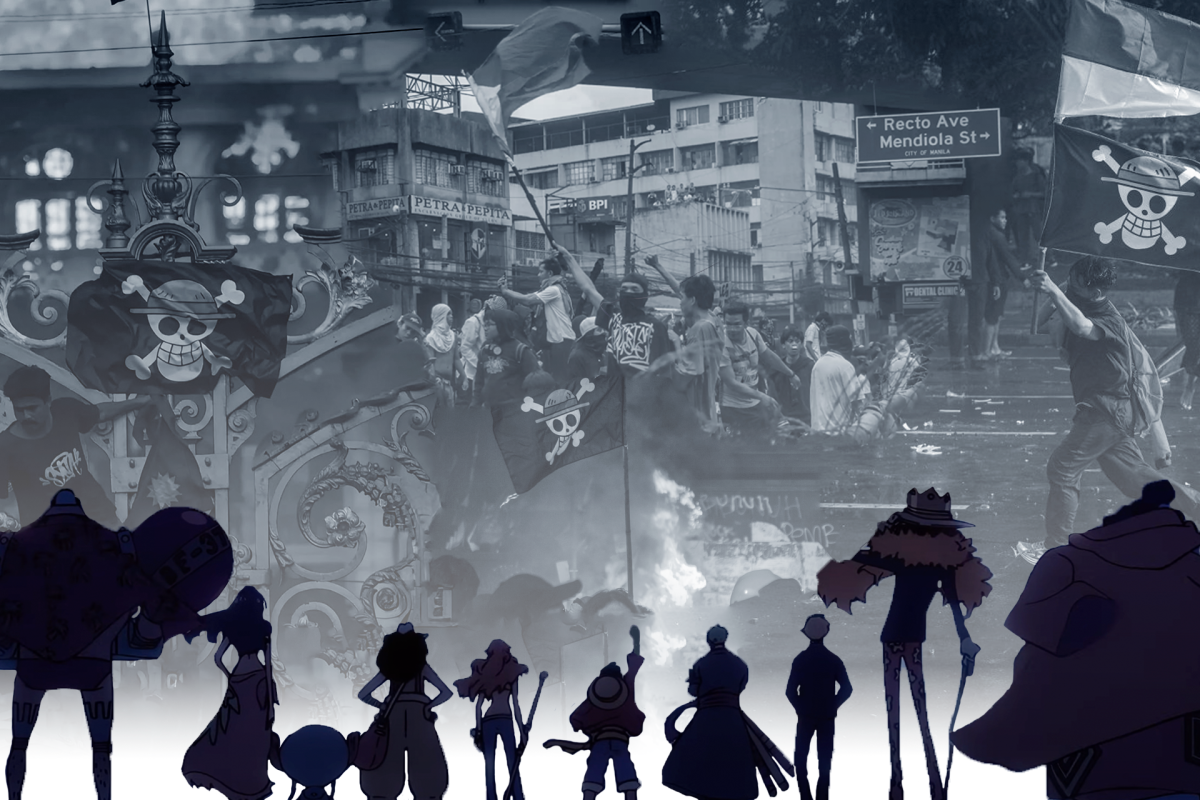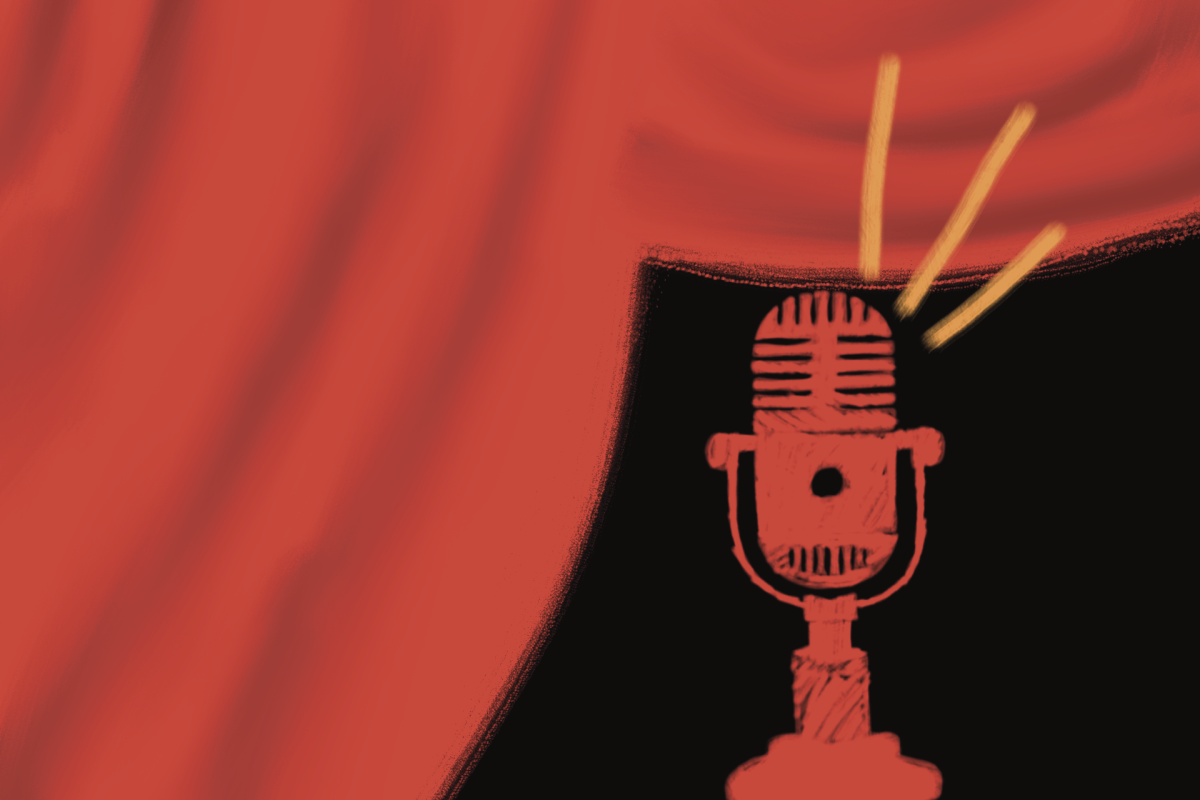“Shang-Chi and the Legend of the Ten Rings” maintains the sentiment, humor and suspense of Marvel Studios production films while exploring new cultural themes. Shang-Chi was developed in the early 1970s by Marvel Comics and now conquers the big screen as the first Asian superhero.
The film marks the 25th movie in the Marvel Cinematic Universe and is part of Marvel’s Phase Four. The film is distributed by Walt Disney Studios Motion Pictures and was released on Sept. 3. Directed by Destin Daniel Cretton, it has since grossed $401 million worldwide as of Oct. 11, making it the sixth-highest-grossing film of 2021.
The film tells the story of Shang-Chi (Simu Liu), who is the son of Mandarin (Tony Leung Chiu-wai), the infamous Ten Rings army leader. After his mother’s (Fala Chen) passing, 7-year-old Shang-Chi was weaponized by his father and trained to become an assassin.
Trading the only world he knew, Shang-Chi fled to America at 14 years old. He changed his name to Shaun and led a seemingly normal life as a San Franciscan valet. Fast forwarding to today, Razor Fist, his father’s right-hand man (who ironically has a machete as a right hand), finds him and steals the green pendant his mother gave him.
The name Shang-Chi translates to “the rising and advancing of the spirit.” In one scene, Mandarin tells Shang-Chi’s best friend Katy (Awkwafina) to appreciate her given Chinese name because of how it connects her to herself and her ancestors.
As a South Asian, this scene felt very significant to me. My name is often mispronounced, which is easy for me to brush off. However, this scene made me confront how significant my name is to my identity through my heritage and family.
Shang-Chi seems to have no choice but to return to China to protect his sister Xu Xialing (Meng’er Zhang) from their father. Unfortunately, his efforts were futile and both pendants are used to unlock a water map to their mother’s home, utopia, Ta Lo. On the brightside, the family is back together, even if that comes with the resurfacing of a past riddled with pain.
The movie also includes feminist themes. From his sister who created an empire out of nothing, to Katy, whose newfound ability to shoot an arrow rivals Hawkeye, the film highlights strong women who are inspirational to say the least.
From damsels in distress to Shang-Chi’s mother teaching Mandarin how to fight, the portrayal of women has come a long way. She is able to gracefully bend the environment at her whim using a technique that resembles dancing. She uses this combat method to sweep the violent man who uses the Ten Rings as a weapon and his eternal life source off his feet … literally.
Shang-Chi is a product of legacy, and his journey allows him to uncover all that came before him. Since his past was overrun with violence and death at a young age, he ran from it. However, once he was able to embrace the chaos of it all, he was able to find his true self.
As a person of color and a woman, I felt seen and heard in this movie. Though my exact situation wasn’t addressed directly, it felt good to see an Asian superhero grace the big screen and enlighten viewers about a beautiful culture.
As a Marvel enthusiast and film fanatic, I found the cultural themes fresh and tasteful. In the past, Marvel has made efforts to bring more diversity into its universe, and this movie is clearly a step in the right direction. Fair warning: you might laugh, you might jump out of your velvet seat and you might cry, but you will definitely have your eyes glued to the screen.
Edited by Shannon Worley | [email protected]








